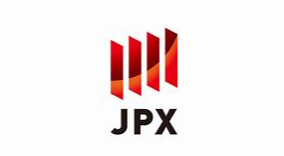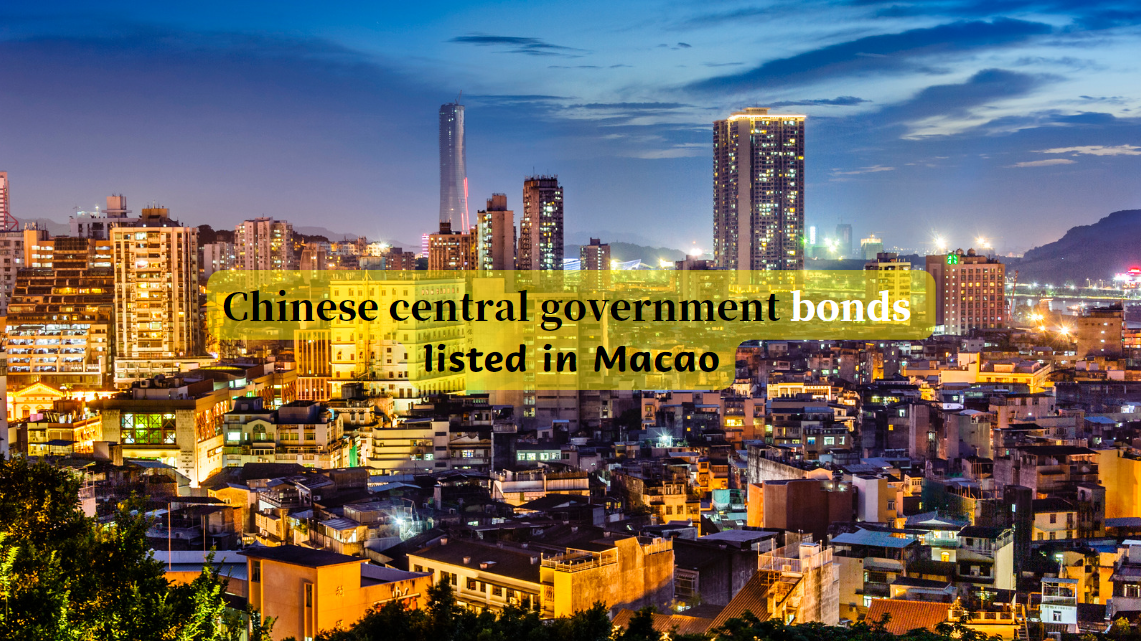China:Measures lift stock, currency markets
The Shanghai Composite Index jumped 2.31 percent while the benchmark Shenzhen Component Index closed 2.4 percent higher.
The total trading value on the two bourses approached 1 trillion yuan ($139 billion). Northbound capital, the amount that foreign investors invest to trade in A shares via the stock connect program between the Shanghai, Shenzhen and Hong Kong exchanges, reported a net inflow of about 10 billion yuan.
In Hong Kong, lifted by the average 5 percent surge in shares of property developers, and further buoyed by expectations of effective implementation of COVID-19 control policies in the mainland, the Hang Seng Index soared more than 5 percent.
A-share tourism companies traded on the mainland bourses reported the biggest daily surge of 7 percent on average. Analysts from Minsheng Securities said a notice released by the Ministry of Culture and Tourism on Nov 15 acted as a positive, lifting the sentiment toward the troubled industry.
The notice had stated that travelers whose results of the nucleic acid test done within 48 hours before departure are negative, can use all modes of transportation to travel between provinces.
Chinese people's concern over various travel-related uncertainties can be thus effectively mitigated. Tourist destinations across the country are likely to thrive again and related fields like hospitality, catering and duty-free shops will also benefit, said Minsheng Securities experts.
Shares of A-share property developers rose 6.5 percent on average on Tuesday, with big names such as China Vanke and Greenland Holdings touching the daily upper limit of 10 percent.
The property rally followed five supportive measures announced by the China Securities Regulatory Commission, the country's top securities regulator, on Monday night, to further stabilize the real estate sector.
The measures took immediate effect on Monday. Now, the CSRC said in its announcement, listed real estate companies can resume mergers and acquisitions and relevant activities.
Also, eligible real estate enterprises can carry out reorganization of their business to get listed, while those already listed can refinance via nonpublic offerings to ensure the delivery of unfinished housing projects.
In addition, real estate enterprises listed in Hong Kong are allowed to resume refinancing activities like their A-share counterparts.
Zhao Ke, chief property analyst at China Merchants Securities, said policies introduced so far this year to ensure the delivery of presold property projects, support property developers and invigorate market demand have proved to be a big support for the property industry.
Market fundamentals are also showing signs of regaining stability. What is more, income of property developers is expected to recover in the short run.
Meanwhile, in the currency market, the China Foreign Exchange Trade System lowered the renminbi's central parity rate against the US dollar by 372 basis points Tuesday morning to 7.1989.
The gauge serves as an important reference for spot trades in the interbank foreign exchange market.
Elsewhere, the offshore USD/CNY jumped more than 500 basis points to touch 7.1878 during morning trading.
Liao Qun, chief economist of the Chongyang Institute for Financial Studies at the Renmin University of China in Beijing, said that the renminbi will continue to appreciate over the mid-to-long-term horizon though volatility cannot be avoided throughout the process.
China's stable economic growth and continued development in trade will enhance the renminbi's purchasing power, which will support the renminbi's bullish performance, he said.






















































First, please LoginComment After ~